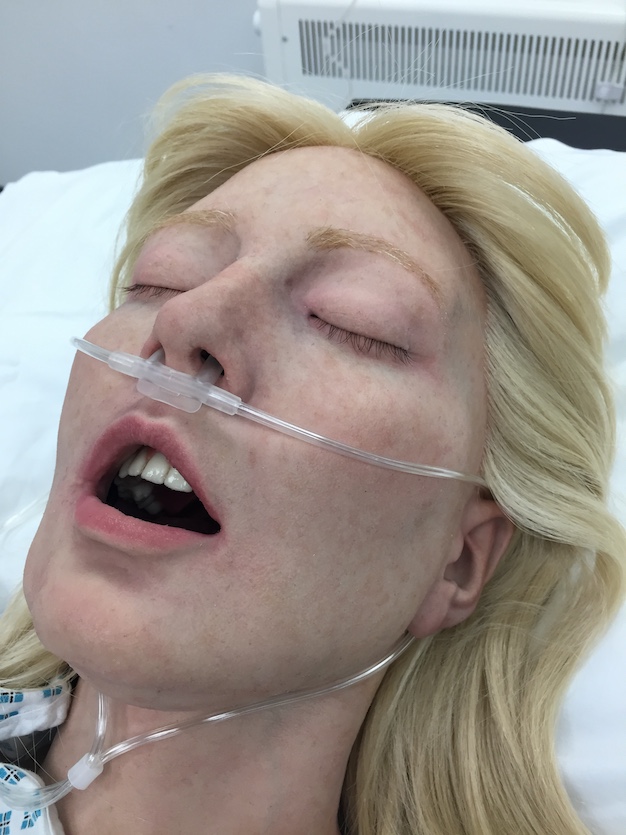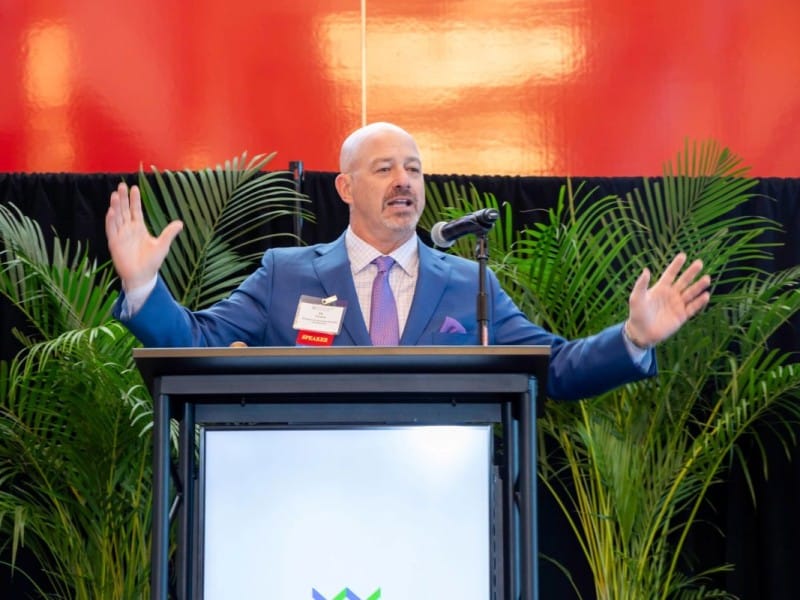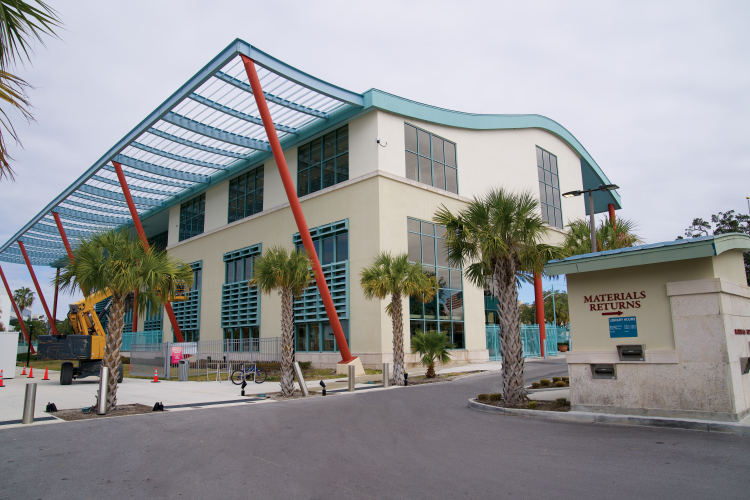Synthetic body manufacturer grows in Tampa
A Tampa synthetic body manufacturer acquires a London area company and $186 million government contract.

The Tampa manufacturer of synthetic bodies for medical testing and training is in a growth streak. SynDaver, located near Tampa International Airport, has acquired the London area-based Lifecast Body Simulation, which specializes in making life-like mannequins, and a $186 million contract from the U.S. Department of the Army.
“Our bodies are made of a proprietary mix of water, salt and fiber,” explains Kevin King, the company’s VP of marketing. “It’s the closet thing … to a real human for the medical training market.”
SynDaver, which handles management and assembly in Tampa, expects to merge the companies’ capabilities to create ultra-realistic, next-generation synthetic human and animal bodies. The models will include fully functioning anatomy and life-like tissues; humans will appear realistic enough to replace stuntmen in films.
“We’ve been making such great tissues from the skeleton on up,” King says. “Lifecast we thought was the world leader in the exterior.”
SynDaver did not release details about the acquisition made Sunday, Jan. 14.
Its models, distinguishable from cadavers because they don’t have a grayish cast caused by preservatives, are designed for use in anatomy and funeral science instruction, surgery simulation, clinical training, consumer product testing, automobile crash testing, TV and movie production, medical device testing and military product development. They are replacing live animals and cadavers.
“We want to continue driving the notion of patient safety and patient care as far as we can take it,” King says. “It’s all about the patient. As long as the focus remains there, we believe we are going to be successful.”
The company, which derived its name from the words synthetic and cadaver, is expected to supply both virtual patient simulation systems and whole body patient simulators for human medical and veterinarian training through its new government contract. Mark Owens, head of the company’s new Global Government Business Unit charged with overseeing the Army contract, described the deal as the “largest single award from DOD [the Department of Defense] that SynDaver has received.”
Under the five-year contract with the Department of the Army’s Joint Project Management Office for Medical Modeling and Simulation, SynDaver is expected to deliver an indefinite number of simulators inside and outside of the United States for the training, evaluation and certification of medical personnel. The models will be used to train surgical personnel for both humans and canines.
Owens is one of seven recent hires in leadership roles, according to its website. “We are hiring nonstop right now for production and sales and also hiring in engineering,” Founder Christopher Sakezles says.
Started in 2004, the company is experiencing rapid growth. “We’re growing at multiples of the compound annual growth rate of the industry,” King explains.
Among its clientele are industrial clients like Apple and Google, educational clients like the University of Florida and University of Saskatchewan, government customers like the U.S. Food and Drug Administration and U.S. Consumer Product Safety Commission and media customers like CBS, NBC and PBS.
The company’s models range in cost from $8,000 to $100,000 depending on the features sought.
SynDaver also is screening potential investors of $100,000 or more for its next private offering.
The technology used in the synthetic bodies dates back to 1993, when UF was involved in initial studies to create synthetic tracheas to replace live animals when testing airway devices. The materials developed are now used in the industry to mimic simple veins and arteries.
Sakezles, the president, chief technology officer, and chairman of the Board of Directors for SynDaver, is a Tampa native who earned a master’s in Materials Science and Engineering and a Ph.D. in Polymer Science from UF. He earned a bachelor’s in Mechanical Engineering from the University of South Florida.
Sakezles is expected to investigate live tissue replacement such as artificial hips or knees in the future. “We believe can play a role in the medical device and replacement arena,” King says.
For now, the company with strategic national and international flight access is working on new animals; a cat is coming out in the spring. They’re also working with a horse model. “We are driving toward rats and mice as well. They are being used so prevalently in testing,” he explains.
While the synthetic bodies are expected to replace real animals in surgeries like gastropexy, used to treat a life-threatening condition involving the stomach, they aren’t life-like enough to use in movies because they have no fur.
But Lifecast already has supplied human synthetic bodies for films like Saving Private Ryan and Gladiator, for which it won an Academy Award.
There are no plans for SynDaver models to be paired with robotics to do mundane tasks like clean house or pick fruit. “It’s just not something that’s in our wheelhouse, nor is it in our short term roadmap,” King says.
If something like that becomes a reality, he says, “it won’t be our stuff.”














